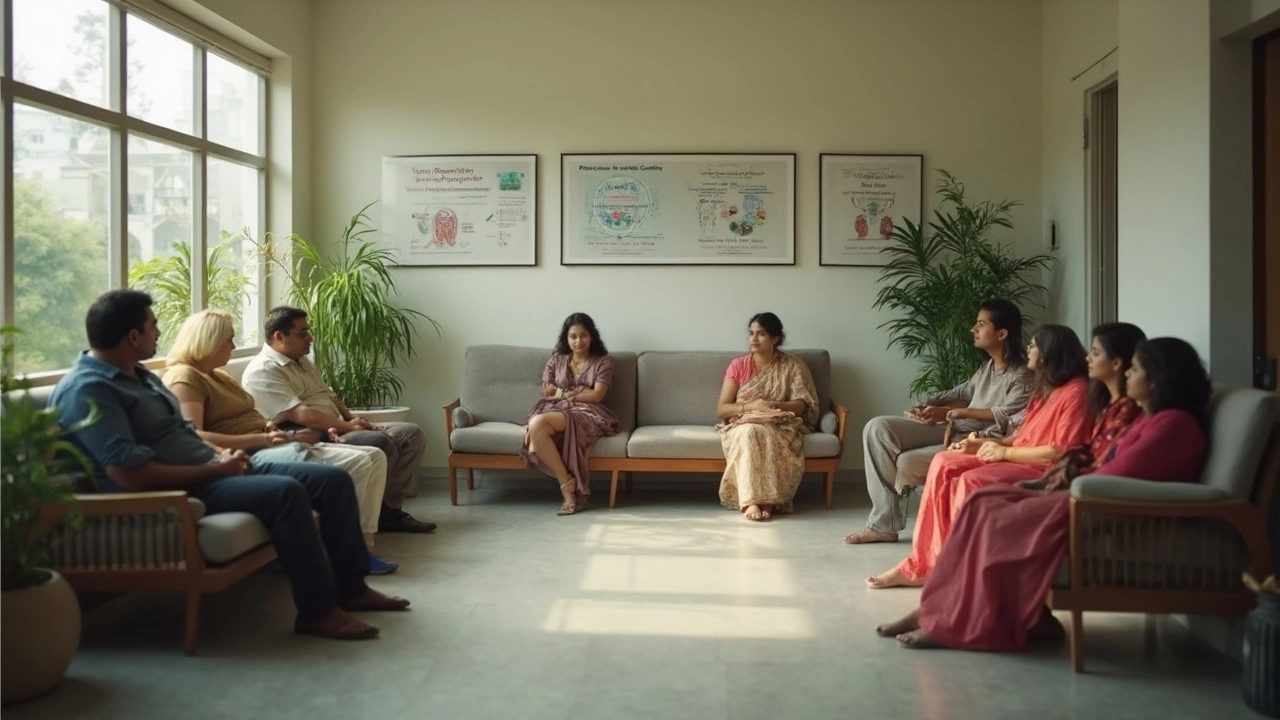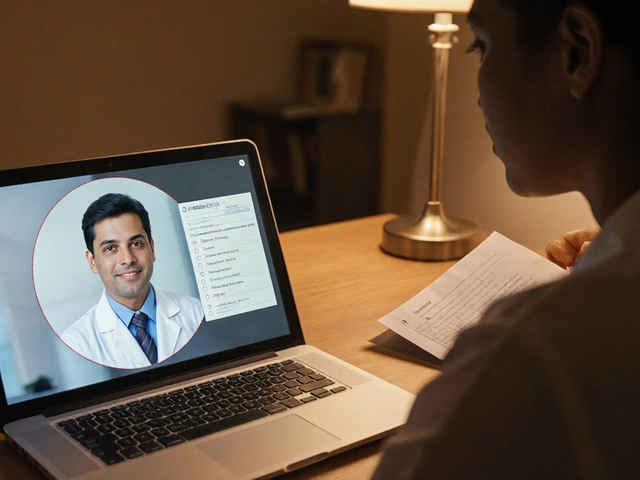Fertility Treatment: What You Need to Know Before Starting
If you’re thinking about IVF, IUI, or any other fertility help, you probably have a dozen questions swirling in your head. Is the treatment safe? Could the medication hurt more than help? Which clinic actually cares about the chemicals they use? Let’s break down the most important points so you can move forward with confidence.
Common Risks and Toxic Concerns
Most fertility drugs are hormones that trick your body into producing eggs or sperm. While they work for many, they can also carry side effects like mood swings, ovarian cysts, or even a slight increase in certain cancers. In India, some generic versions contain inactive ingredients—preservatives, dyes, or heavy metals—that aren’t listed on the label. These hidden components can trigger allergic reactions or interfere with the drug’s effectiveness.
Symptoms to watch for include unexplained skin rashes, persistent headaches, or sudden changes in blood pressure. If any of these appear after you start a cycle, call your doctor right away. Remember, a short‑term reaction might be harmless, but ignoring it can lead to bigger problems down the road.
Choosing Safe Medications and Clinics
The first step is to ask the clinic for the exact brand and batch number of every drug they plan to use. Reputable centers will gladly share certificates of analysis and can point you to the manufacturer’s safety data sheet. Look for brands that are approved by the Central Drugs Standard Control Organization (CDSCO) and have a clean recall history.
Next, consider the clinic’s track record with toxicology testing. Some top IVF labs in Mumbai and Delhi run their own screening for contaminants like lead or BPA in the culture media. If a clinic can’t give you that information, it’s a red flag.
Finally, talk to your pharmacist. A knowledgeable pharmacist can spot questionable excipients and suggest alternatives that are free from harmful additives. They might recommend a brand that uses vegetable‑based capsules instead of gelatin, for example.
Beyond the meds, lifestyle choices play a big role. Cut down on processed foods, avoid plastic containers that leach chemicals, and stay hydrated. These simple steps reduce the overall toxic load on your body and improve the chances of a successful cycle.
When you’re ready to schedule your first appointment, come prepared with a list of questions: How do they test for drug purity? What is their success rate for patients with similar health profiles? Do they offer counseling for emotional side effects? Getting clear answers now saves you confusion later.
In short, fertility treatment can be a hopeful path, but it’s not a free‑for‑all. By checking medication safety, choosing a transparent clinic, and keeping an eye on your body’s signals, you give yourself the best shot at a healthy pregnancy.

Has an IVF Baby Had a Baby? The First IVF Children Becoming Parents
Yes, IVF babies are having babies-naturally and healthily. Decades of data show IVF doesn’t harm fertility. The first IVF child became a mother in 1999. Today, millions of IVF-conceived adults are parents with no increased risk of infertility.

How Much is a Shot of IVF? Real Costs and What to Expect
Curious about the real cost of a shot of IVF? This article breaks down what you pay for, from the first appointment to the final procedure. Get real numbers, practical tips to save money, and what extras can pop up during the process. Learn why some clinics charge more, plus insider advice from people who’ve actually gone through IVF. If you want honest answers and clear info, you’re in the right place.

What Disqualifies You from IVF? Clear Truths About IVF Eligibility
Curious what might stop you from getting IVF? This article lists clear, real-world reasons people get turned away from fertility clinics. It details medical, age, lifestyle, and legal factors that make someone ineligible for IVF. You’ll learn facts that clinics don’t always say out loud, plus practical tips on what can help or hurt your chances. If IVF is on your mind, start here to avoid surprises down the road.

Does IVF Have a 100% Success Rate? Let's Unpack the Truth
Explore the realities of IVF success rates and understand why achieving a 100% success rate is currently impossible. This article breaks down key factors that influence IVF outcomes, shares tangible tips for enhancing success chances, and offers insights into the emotional journey of those undergoing IVF.

Age Limit in IVF: What You Need to Know
Explore the age limitations for IVF treatment, focusing on when women typically have the best success rates. Discover important factors age plays in fertility and how it affects reproductive options. Learn interesting facts about IVF trends and tips for those considering treatment later in life. This article provides practical insights to help navigate the complexities of IVF with age as a factor.

Understanding the IVF Timeline: Key Steps to Expect in Your Journey to Pregnancy
In vitro fertilization (IVF) is a complex and personalized process that can vary in duration depending on multiple factors. This guide explores the typical stages of IVF treatment, from initial consultations to the embryo transfer and beyond. Understanding how each phase works can help individuals and couples better prepare emotionally and physically for what lies ahead. With insights into factors affecting timing and outcomes, readers can gain clarity on their path to parenthood.

Understanding IVF Side Effects: What to Expect and How to Manage Them
In vitro fertilization (IVF) is a complex process that assists individuals and couples in achieving conception. While it offers hope to many, it also carries potential side effects. Patients might experience physical symptoms like bloating, emotional changes, or rare complications such as ovarian hyperstimulation syndrome. Understanding these effects can equip individuals with knowledge to manage them better and improve their IVF experience.

Understanding the Biggest Challenges of IVF: A Comprehensive Guide
In vitro fertilization (IVF) has enabled many to achieve their dream of parenthood, but it comes with significant challenges. The biggest problem often revolves around its emotional and financial toll, along with varying success rates. This article explores these hurdles in detail, offering insights into how couples can navigate them effectively. Understanding these issues helps set realistic expectations for those considering IVF treatment.

Ayurvedic Medicine: What Is It Really For?
Jun, 12 2025



